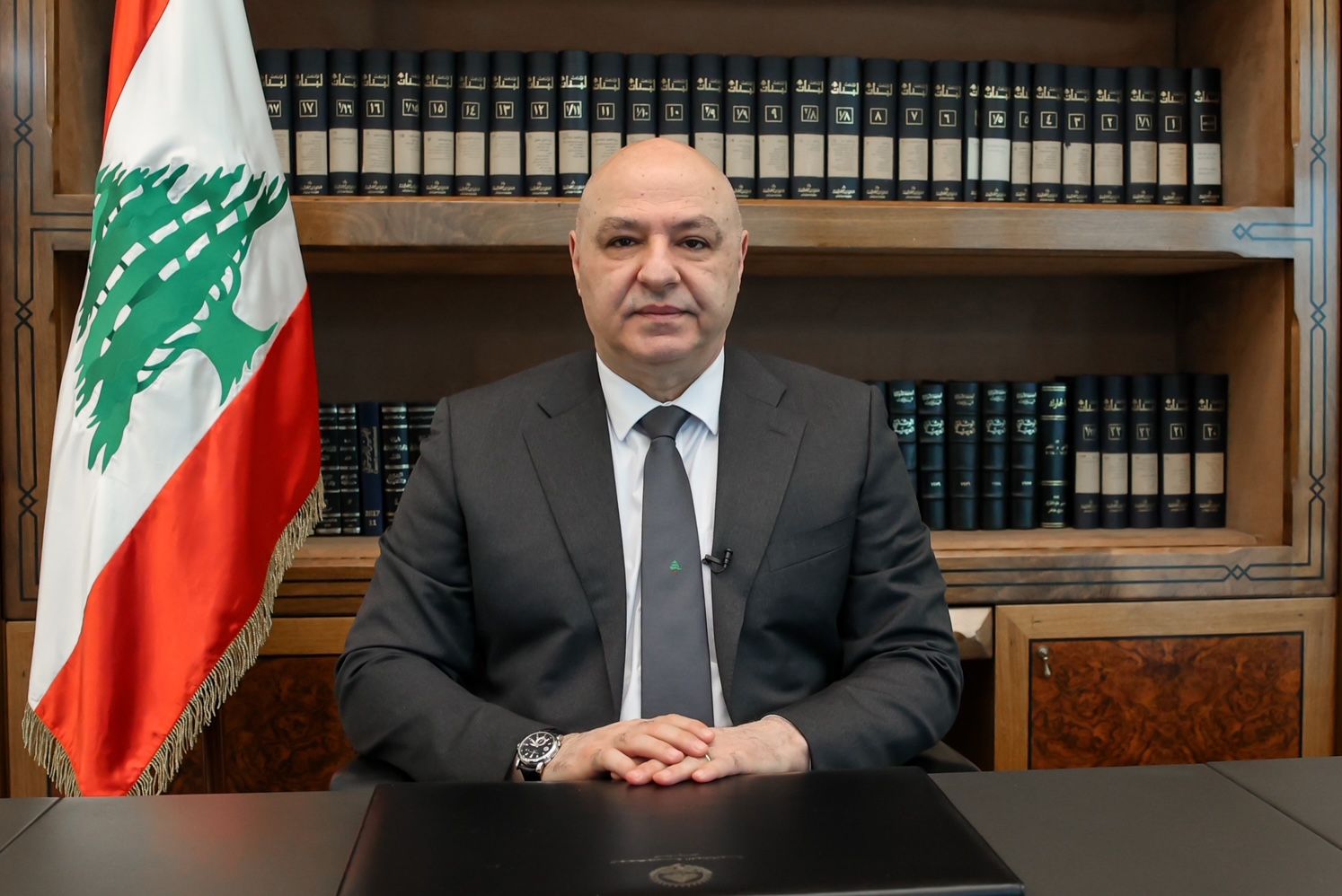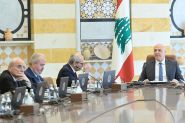
Yesterday, an exceptional Cabinet session was held at the Baabda Presidential Palace, lasting nearly six hours and marking a major political turning point in Lebanon’s modern history. Under the presidency of the Head of State, General Joseph Aoun, the government adopted a bold and unprecedented decision: to set a deadline for the disarmament of militias, based on a timeline and action plan to be presented by the army before August 31, with implementation to follow by the end of the year.
Although the decision was announced by Prime Minister Nawaf Salam at the end of the session, it clearly bore the stamp of the President, whose firmness, clarity of vision, and unwavering respect for national sovereignty were praised by a large ministerial majority. President Joseph Aoun, remaining true to his inaugural address and to his commitments to the Lebanese people, stood with lucidity and courage against the deadlock that has for years been imposed by the dominance of an armed group operating outside the framework of the state.
An Inevitable Confrontation
The Cabinet debate was heated, particularly due to the presence of Ministers Rakan Nassereddine and Tamara el-Zein, both close to the Shiite duo, who attempted to impose a stalling debate around a so-called national defense strategy—a rhetorical tactic often used by Hezbollah to indefinitely delay any decision on illegal weapons. Their attempt, backed by Fadi Makki, Minister of Administrative Development, was aimed at preventing the state from reclaiming its legitimate and constitutional role.
Faced with the determination of a ministerial majority resolved to move forward, the two ministers eventually walked out of the session, a move some interpreted as an evasion of historic responsibility.
Hezbollah Cornered
This meeting took place amid escalating intimidation tactics by Hezbollah, including shows of force in the southern suburbs and the Bekaa region, as well as threatening speeches, most notably from its Secretary-General, Naim Qassem. With his trademark arrogance, Qassem brandished fanciful interpretations of the Taif Agreement to justify his militia’s continued armament, claiming to act on behalf of the entire Lebanese people.
But the institutional response, led by President Aoun, was sharp: it is in the name of Taif, the ministerial declaration, and the will of the people that the government is acting. And it is the Lebanese Army, the only legitimate force under the Constitution, that will draft the disarmament timeline. This is a clear reaffirmation that the state will no longer relinquish its prerogatives in favor of an armed parallel actor.
A President Fulfilling His Historic Role
By holding firm on this highly explosive issue, Joseph Aoun has shown the stature of a true statesman. In a context of regional pressure and escalating security threats, he asserted that the Lebanese state can no longer tolerate the coexistence of national sovereignty with the proliferation of illegal arms. He also implicitly responded to those who, in the name of “resistance,” have hijacked the fate of an already battered country, raising his voice, quite literally, during the meeting.
The Head of State has managed to impose a new dynamic: the reassertion of republican institutions, in coordination with international partners, as evidenced by the ongoing review of U.S. proposals delivered by Tom Barrack. These include provisions on disarmament, the release of Lebanese detainees, and an end to hostilities with Israel, all within the framework of a durable peace.
A Strong Symbol: Ziad Rahbani Avenue
That same day, the Cabinet also made a highly symbolic decision: the renaming of Hafez al-Assad Avenue, a remnant of an era of foreign tutelage and a key Hezbollah ally, to Ziad Rahbani Avenue, in honor of the Lebanese artist known for his cultural contributions and independent spirit. This act further underscores the desire to close a dark chapter of the past.
The Cabinet session of August 5, 2025, will go down in history as the moment when the Lebanese state, under President Joseph Aoun, finally decided to break free from the blackmail of illegal weapons. A historic step toward the restoration of sovereignty, grounded in respect for institutions, the national army, and the will of the people.




Comments